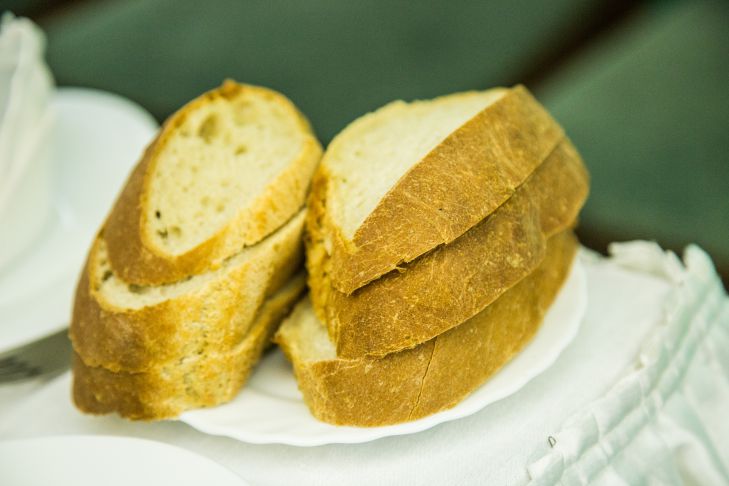Why it is better not to buy sliced bread: the main reasons and possible consequences
Bread is one of the most popular and sought-after products, which is found in almost every home.
Bread can be eaten with different fillings, added to salads, soups and other dishes.
However, not all breads are equally healthy and safe. In particular, sliced bread sold in stores can be harmful and dangerous.
Why it is better not to buy sliced bread: the main reasons and possible consequences.
Sliced bread spoils faster
Bread is a product that has a limited shelf life, especially if it is fresh and without preservatives.

When bread is sliced, it loses its integrity and protection and becomes more susceptible to moisture, air, microorganisms and mold.
Therefore, sliced bread quickly loses its freshness, aroma, taste and nutritional value, and can cause poisoning or infection.
Sliced bread may be of poor quality
Bread is a product that can be made from different types of flour, yeast, water, salt, sugar and other additives. The quality and composition of bread affect its usefulness and safety for health.
However, not all bread manufacturers comply with standards and regulations, and may use low-grade or expired flour, chemical or genetically modified yeast, dyes, flavors, flavor enhancers and other harmful substances. When bread is sliced, it is more difficult to check for quality and authenticity.
Sliced bread may be contaminated or infected.
Bread is a product that may be contaminated or infested with various substances or microorganisms during production, transportation, storage or sale.
When bread is sliced, it becomes more vulnerable to dust, dirt, hair, skin flakes, saliva, blood, bacteria, viruses, fungi, etc. Therefore, sliced bread can cause allergies, infections, or illnesses.
These were the three main reasons why it is better not to buy sliced bread and buy whole bread or bake it yourself.
This way you can be sure of the quality, freshness and safety of the bread, and enjoy its taste and benefits.
Previously, we talked about how to make your induction hob sparkle with cleanliness.
